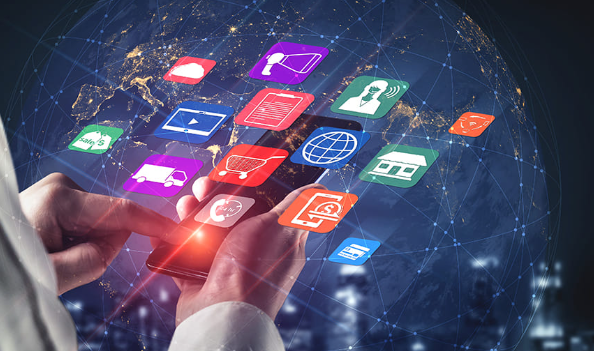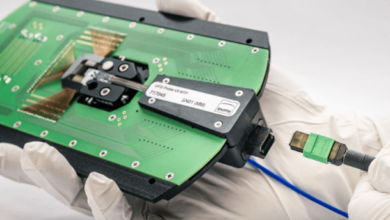The Transformation of Digital Marketing: How Artificial Intelligence is Revolutionizing the Industry

Artificial Intelligence (AI) is reshaping the landscape of digital marketing, offering new possibilities and efficiencies that were once unimaginable. From personalized customer experiences to advanced data analytics, AI is revolutionizing the way businesses connect with their audiences and drive growth. In this comprehensive guide, we’ll explore how AI is transforming digital marketing, its impact on key areas such as customer engagement and data analysis, and the future trends that will shape the industry.
Understanding AI in Digital Marketing
AI in digital marketing refers to the use of artificial intelligence technologies such as machine learning, natural language processing, and predictive analytics to automate and improve marketing processes. AI enables marketers to analyze data more effectively, personalize content, and optimize campaigns in real-time, leading to better results and higher ROI.
How AI is Transforming Digital Marketing
1. Personalized Customer Experiences
AI enables marketers to create highly personalized customer experiences by analyzing data from multiple sources and predicting customer behavior. By understanding customer preferences and behavior, marketers can deliver targeted messages and offers that are more likely to resonate with their audience.
2. Advanced Data Analytics
AI-powered analytics tools can process large volumes of data quickly and accurately, providing marketers with valuable insights into their campaigns’ performance. By analyzing data in real-time, marketers can make informed decisions and optimize their campaigns for better results.
3. Chatbots and Virtual Assistants
AI-powered chatbots and virtual assistants are becoming increasingly common in digital marketing, providing customers with instant support and assistance. Chatbots can handle a wide range of customer inquiries, from product information to troubleshooting, improving customer satisfaction and reducing the workload on customer support teams.
4. Content Creation and Optimization
AI can help marketers create and optimize content more efficiently. AI-powered tools can analyze data to identify trends and topics that are likely to resonate with their target audience, helping marketers create more engaging and relevant content.
5. Predictive Analytics
AI can predict future trends and customer behavior based on historical data, helping marketers anticipate market changes and adjust their strategies accordingly. By using predictive analytics, marketers can stay ahead of the competition and drive more effective marketing campaigns.
6. Automation of Marketing Processes
AI can automate repetitive marketing tasks, such as email marketing, social media management, and ad targeting. By automating these tasks, marketers can save time and resources, allowing them to focus on more strategic initiatives.
Real-World Applications of AI in Digital Marketing
1. Recommendation Engines
AI-powered recommendation engines analyze customer data to suggest products or content that are likely to interest them. This can lead to higher conversion rates and increased customer satisfaction.
2. Dynamic Pricing
AI can analyze market trends and competitor pricing to adjust pricing in real-time. This can help businesses optimize their pricing strategies and maximize revenue.
3. Ad Targeting
AI-powered ad targeting uses data to target ads to specific audiences based on their interests, demographics, and behavior. This can lead to higher click-through rates and improved ROI on advertising spend.
See Also Swing Tags: A Comprehensive Guide to Elevate Your Brand Image
Future Trends in AI and Digital Marketing
1. Voice Search Optimization
As more people use voice assistants like Siri and Alexa, optimizing content for voice search will become increasingly important. AI can help marketers understand how people search using voice commands and optimize their content accordingly.
2. AI-Powered Content Creation
AI-powered tools can help marketers create content more efficiently by analyzing data and generating ideas. This can help marketers produce more content at a faster pace, keeping up with the demand for fresh, engaging content.
3. Hyper-Personalization
AI can help marketers create hyper-personalized experiences for their customers by analyzing data and predicting individual preferences. This can lead to higher engagement and loyalty among customers.
Conclusion
AI is transforming digital marketing in profound ways, offering new possibilities and efficiencies that were once unimaginable. From personalized customer experiences to advanced data analytics, AI is revolutionizing the way businesses connect with their audiences and drive growth. As AI technology continues to evolve, the future of digital marketing looks brighter than ever, with AI-powered tools and strategies shaping the industry’s landscape.




